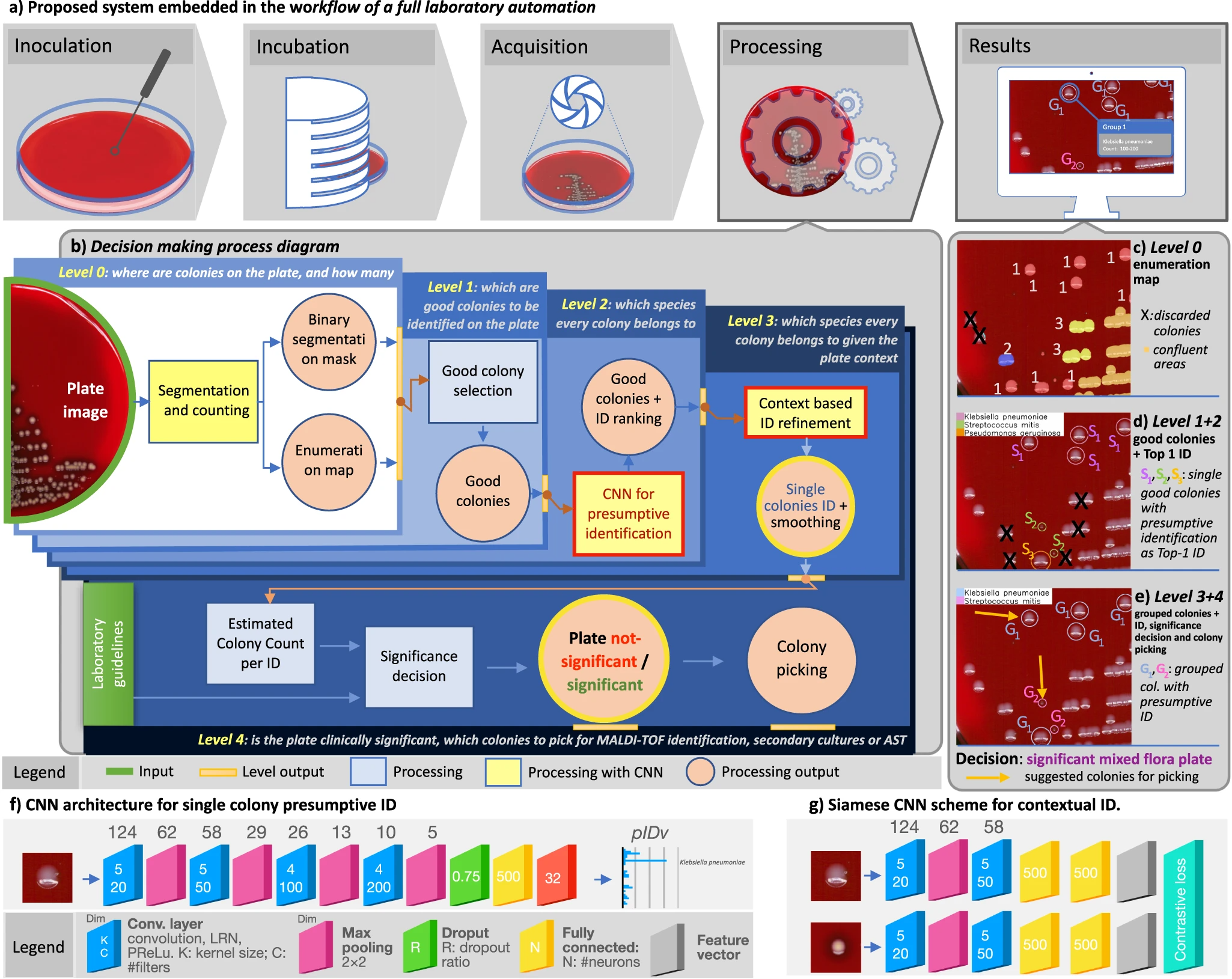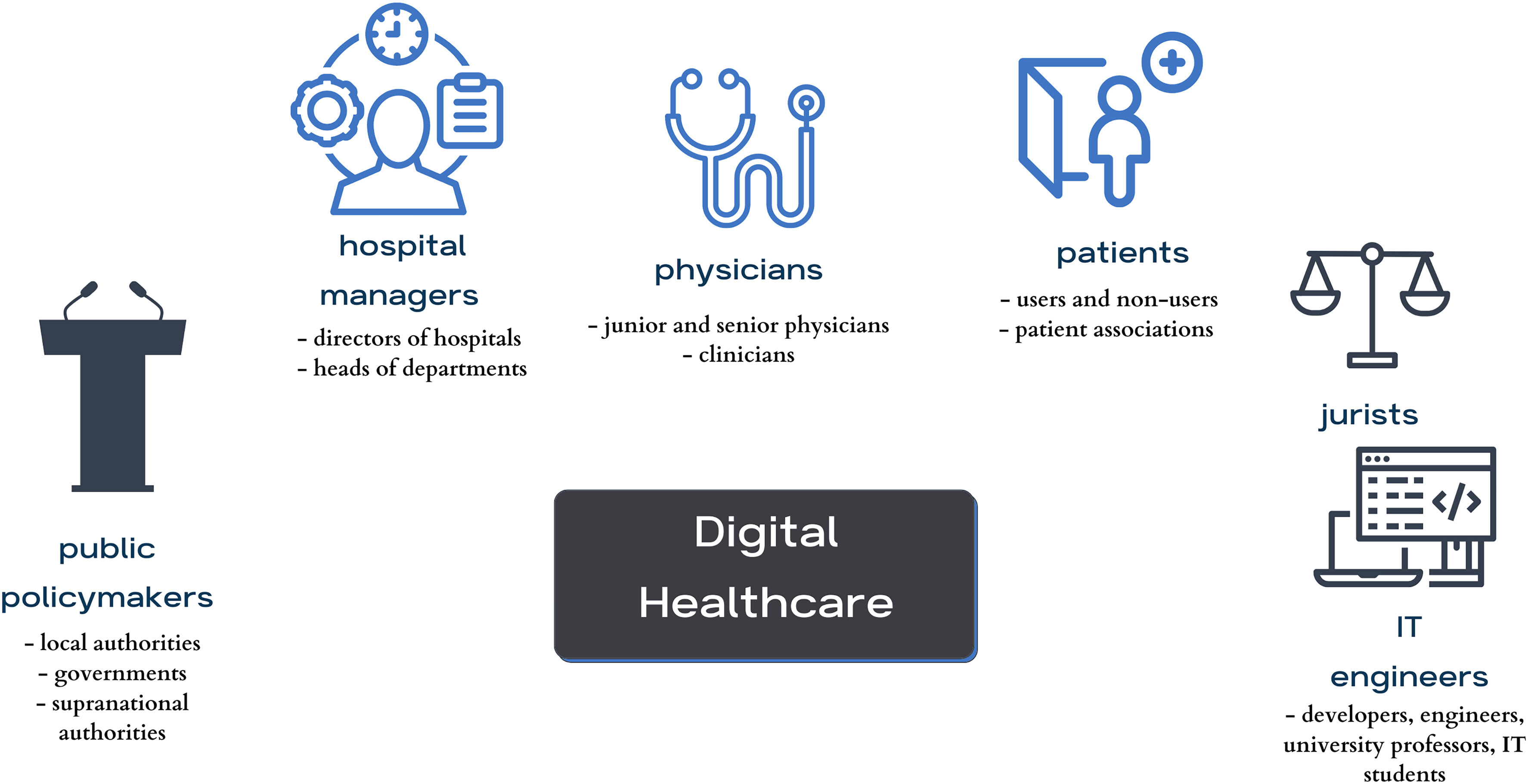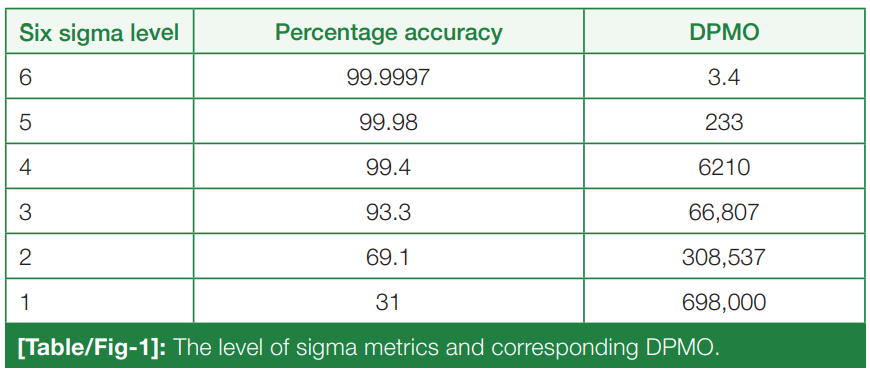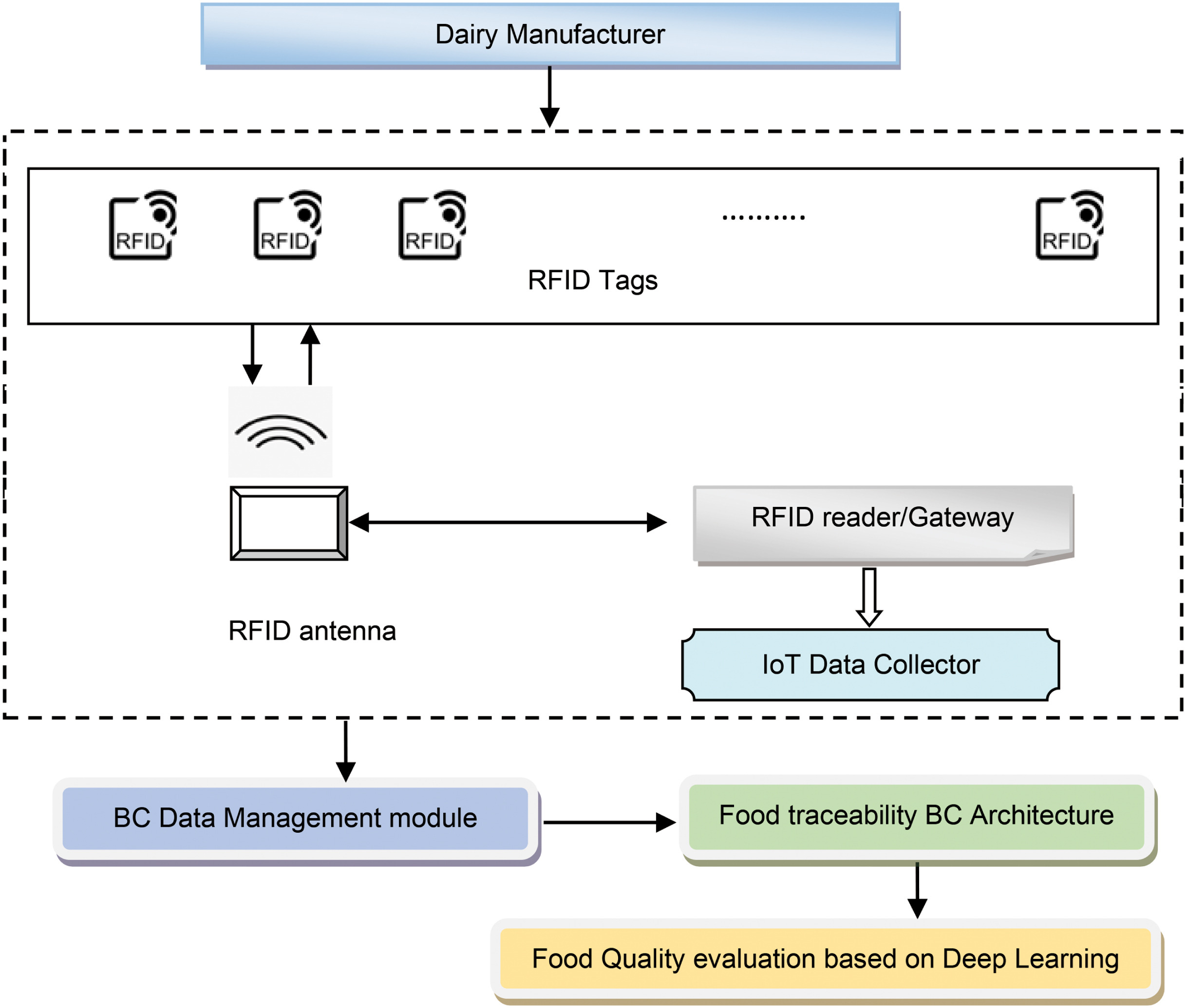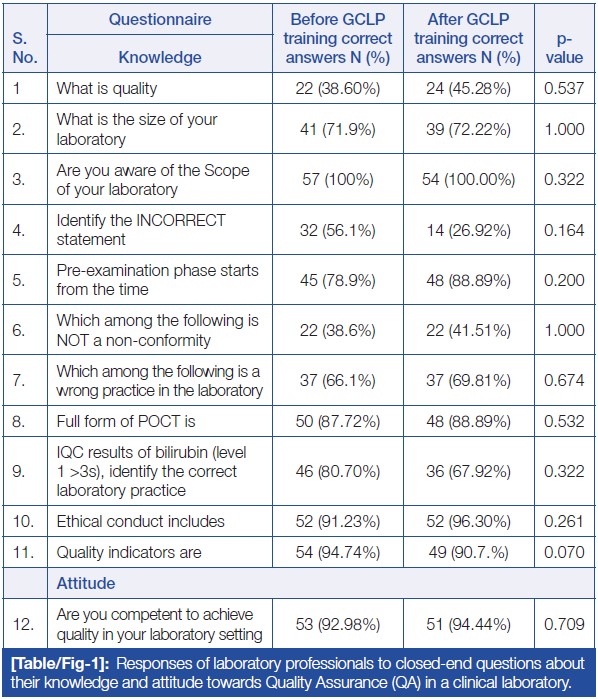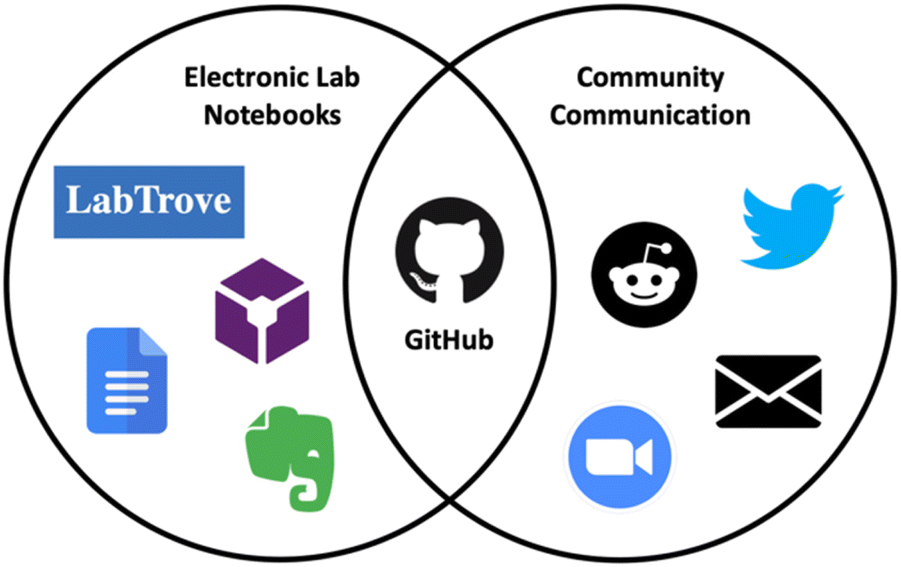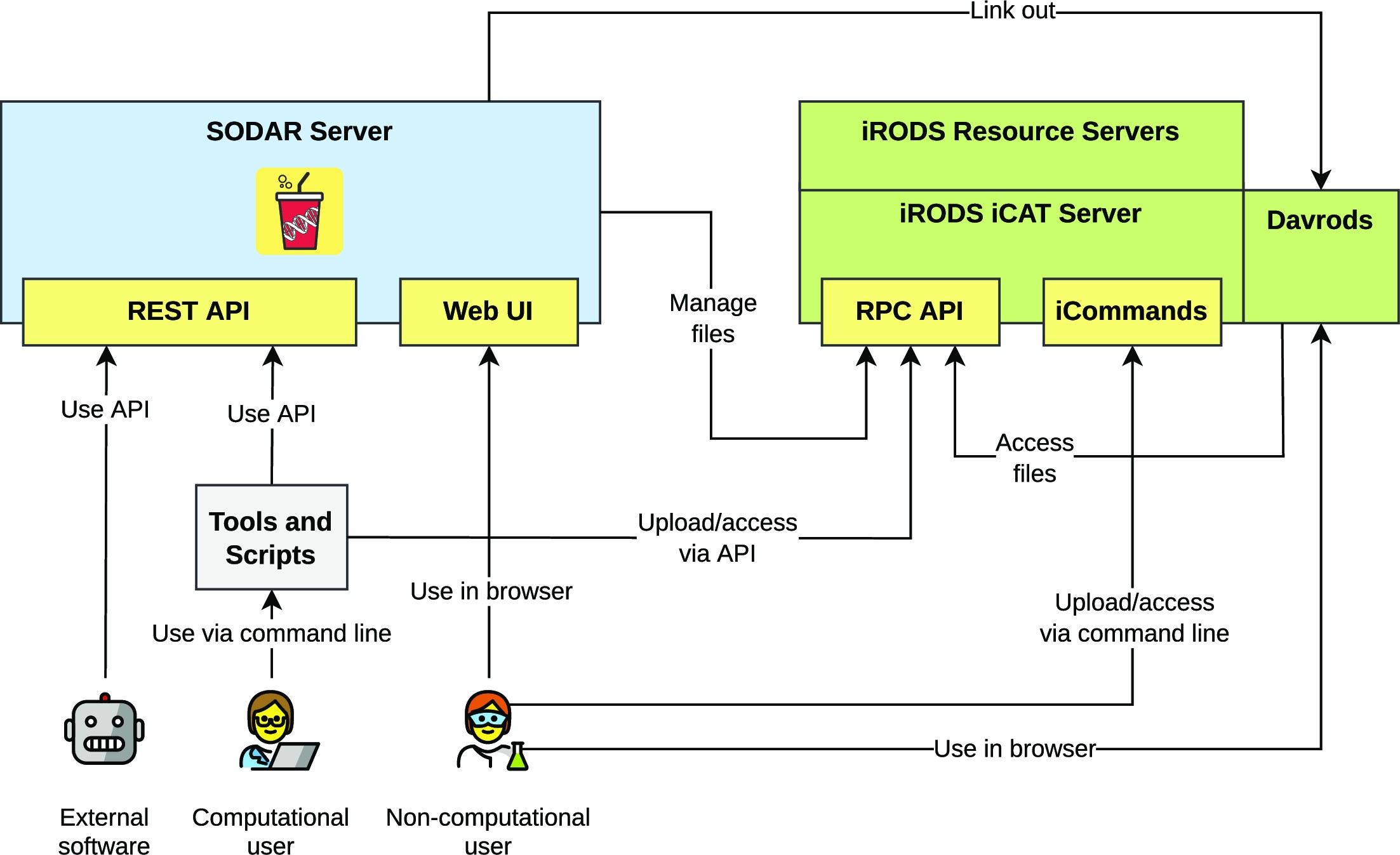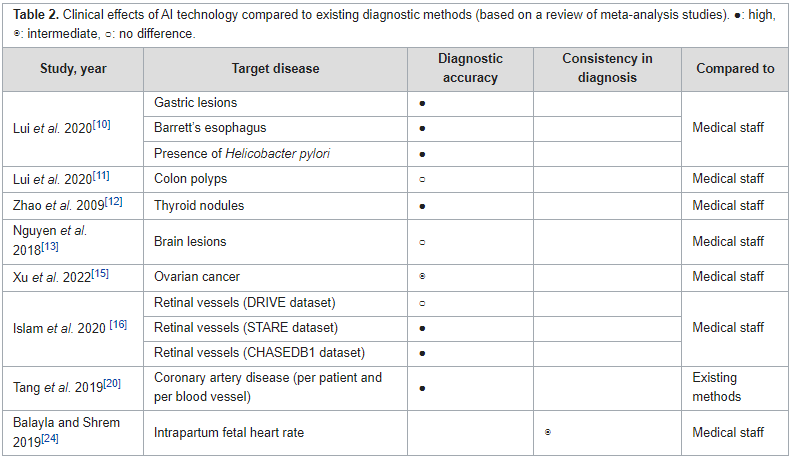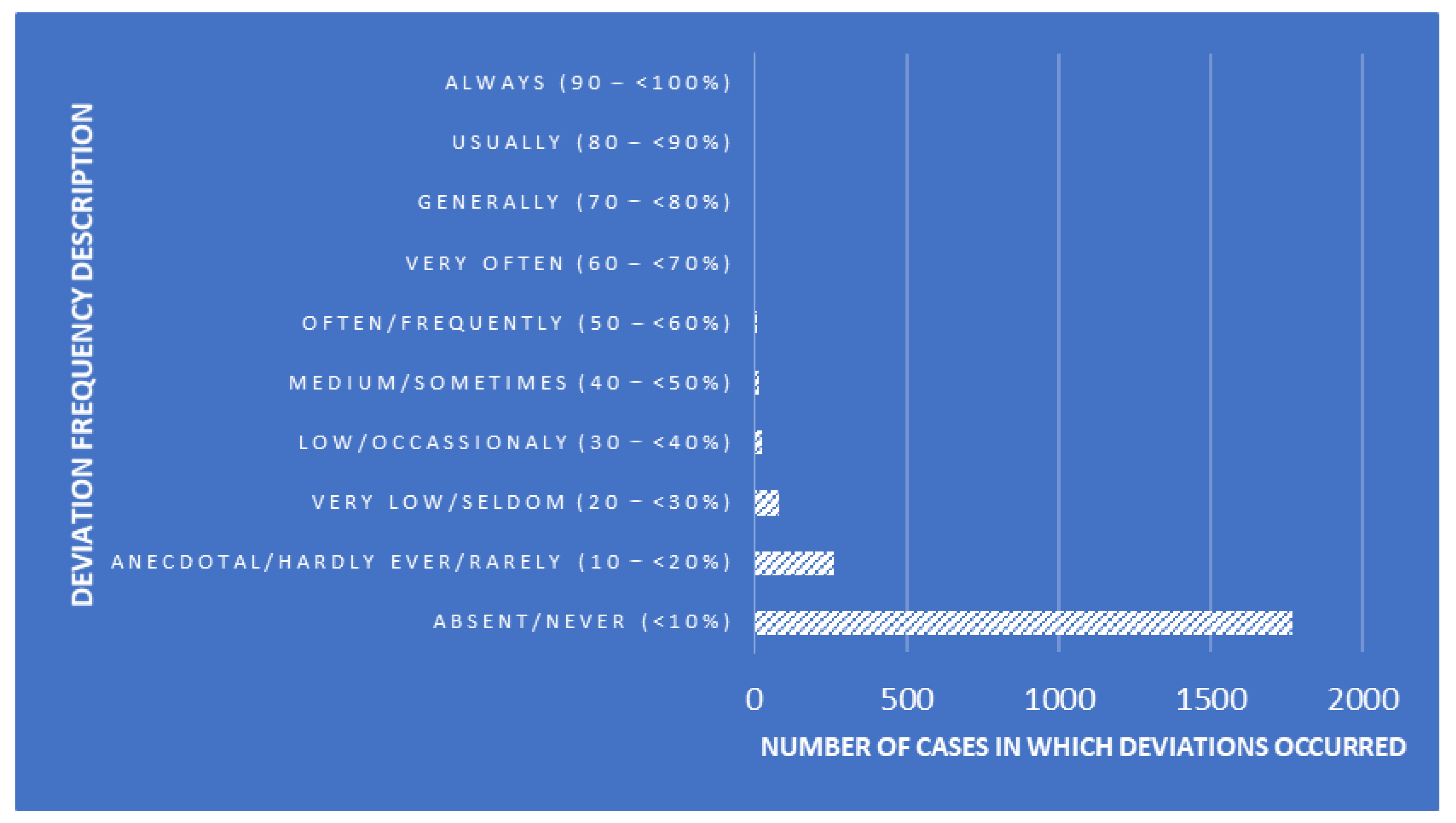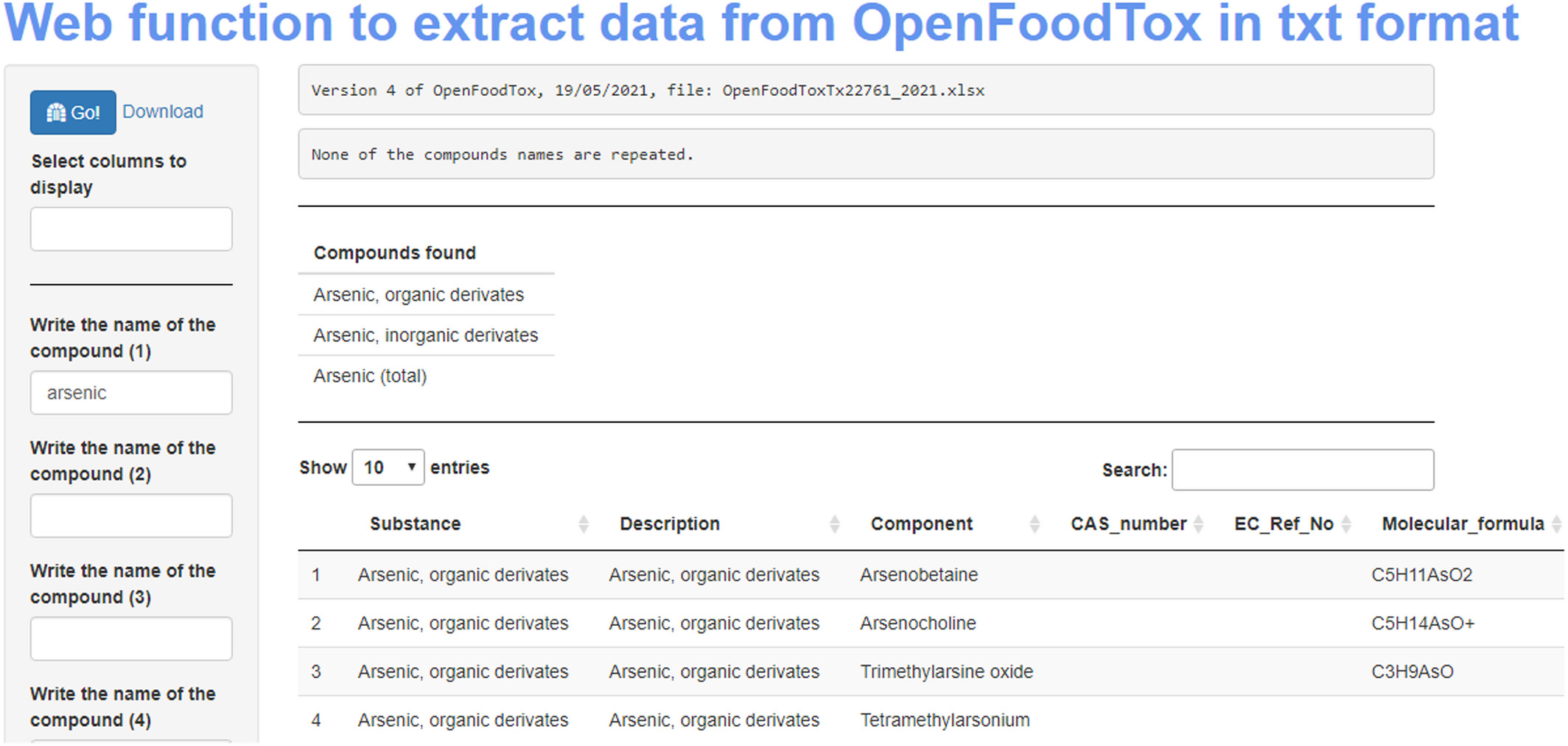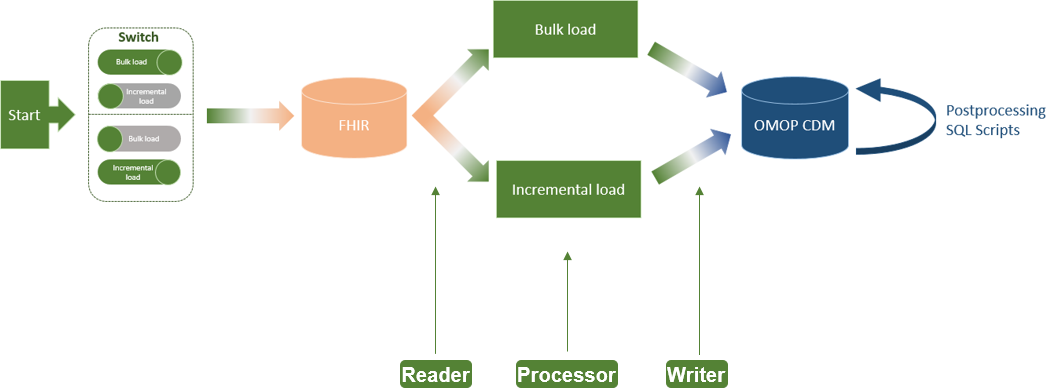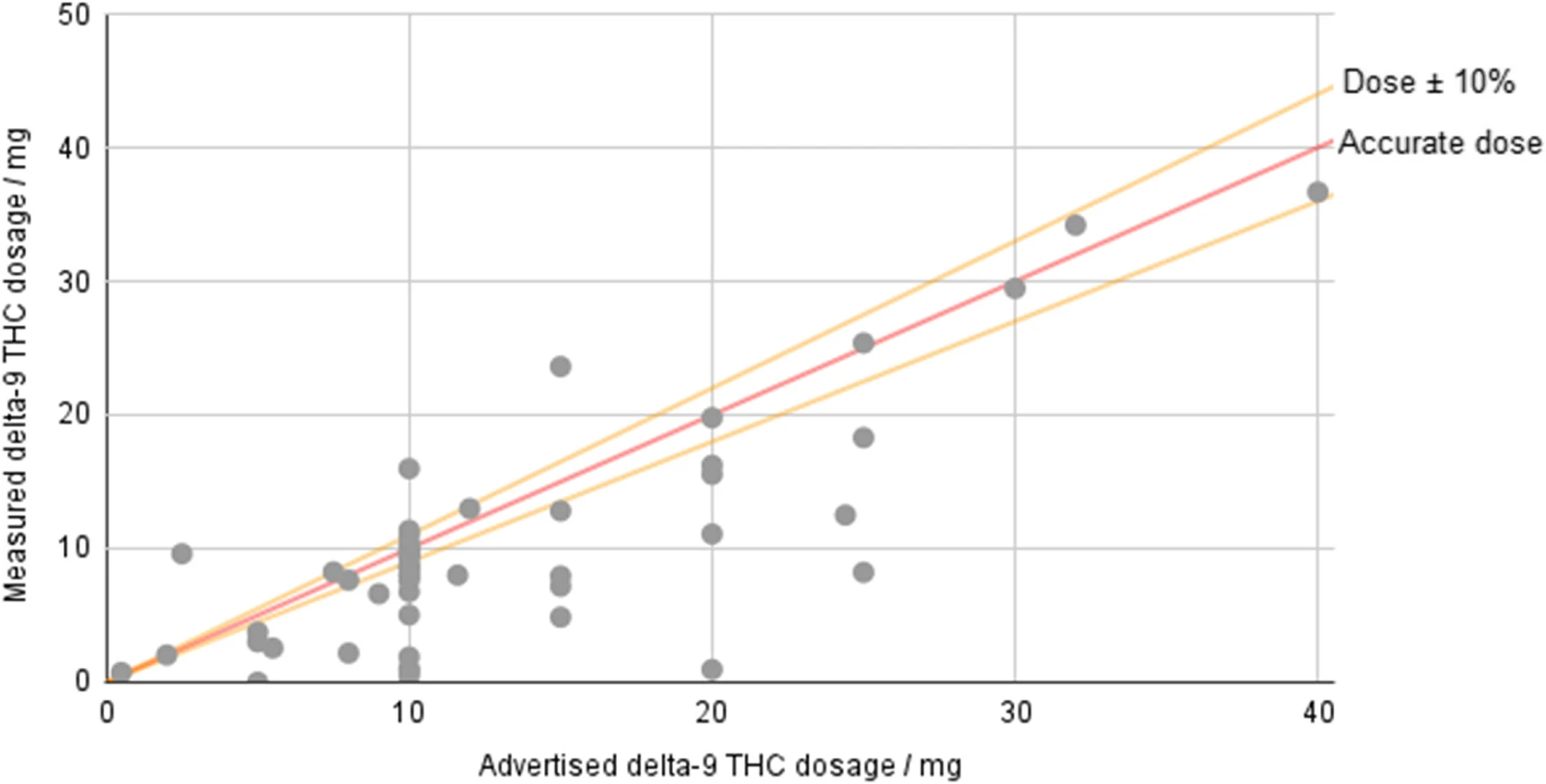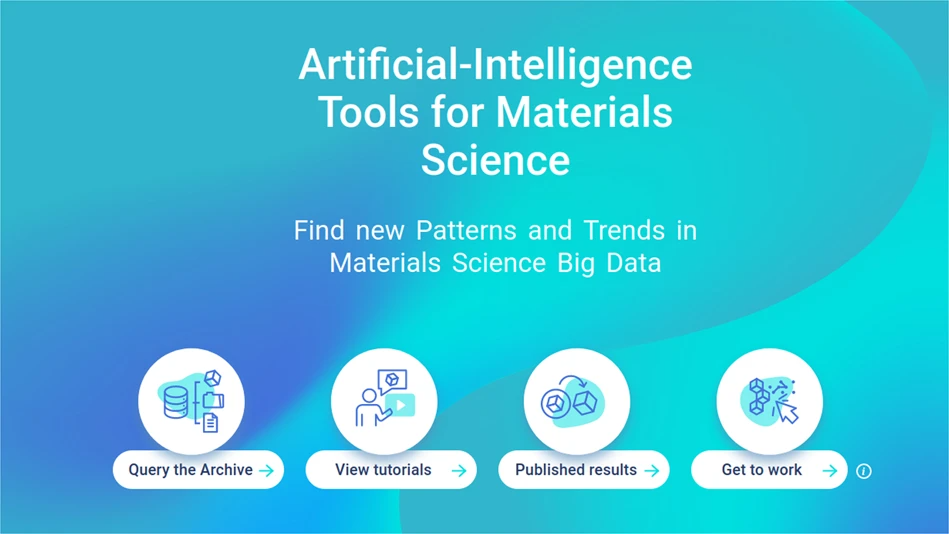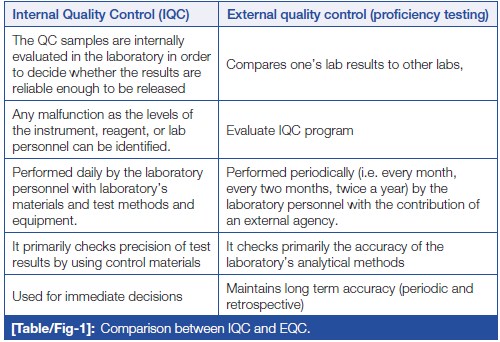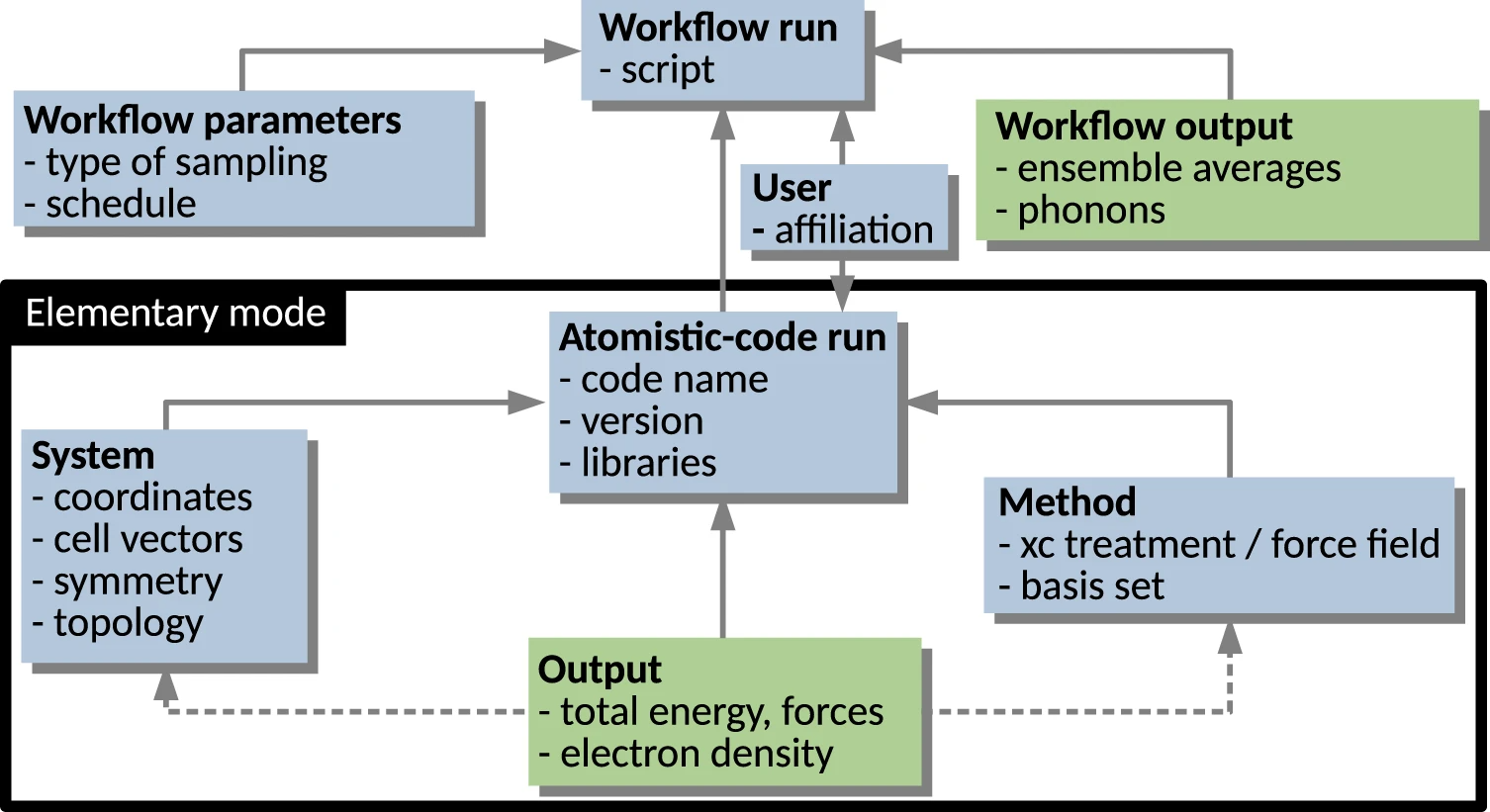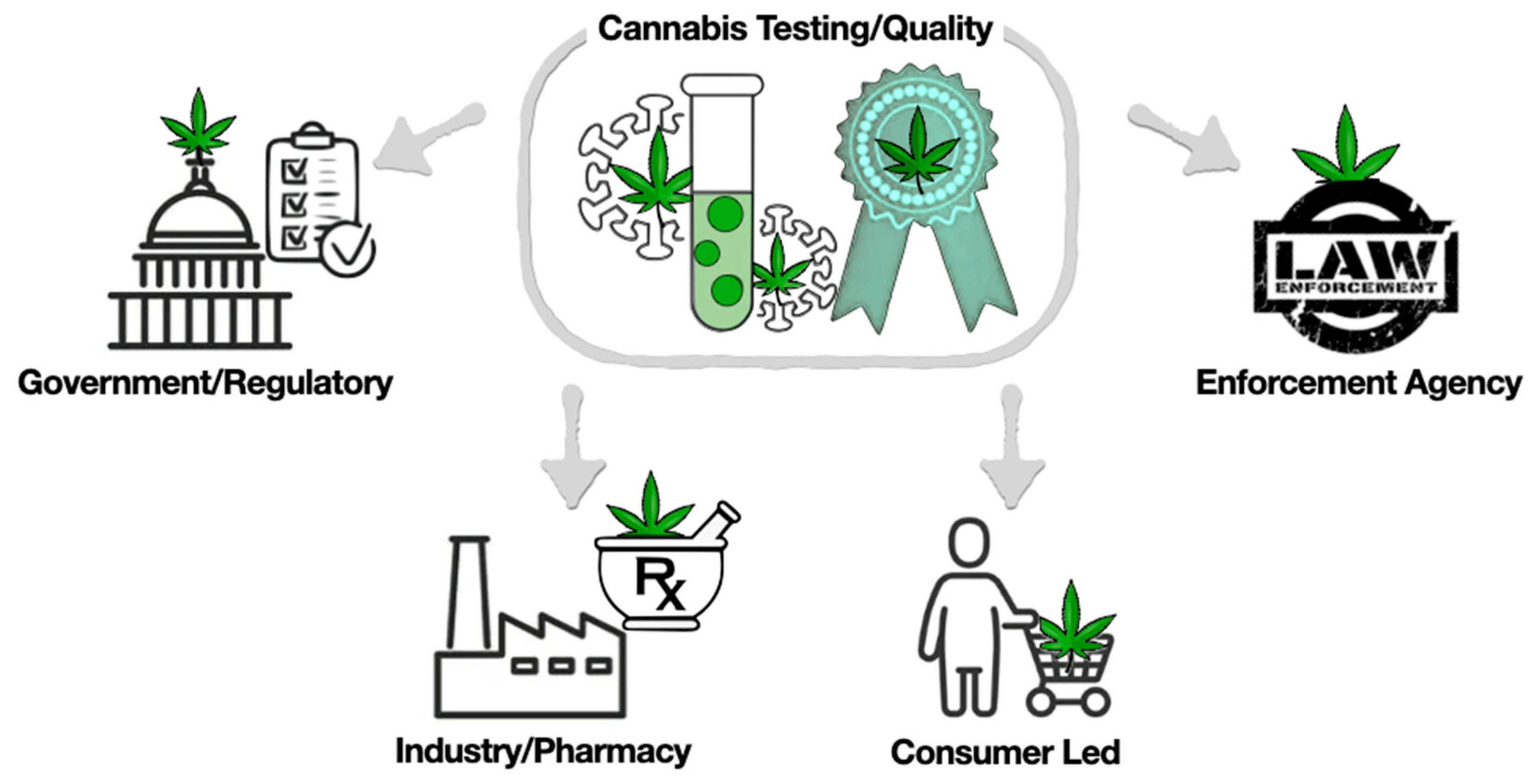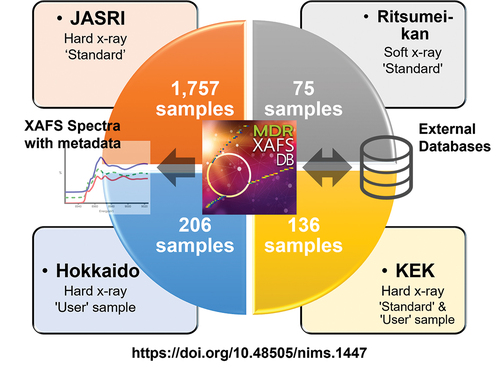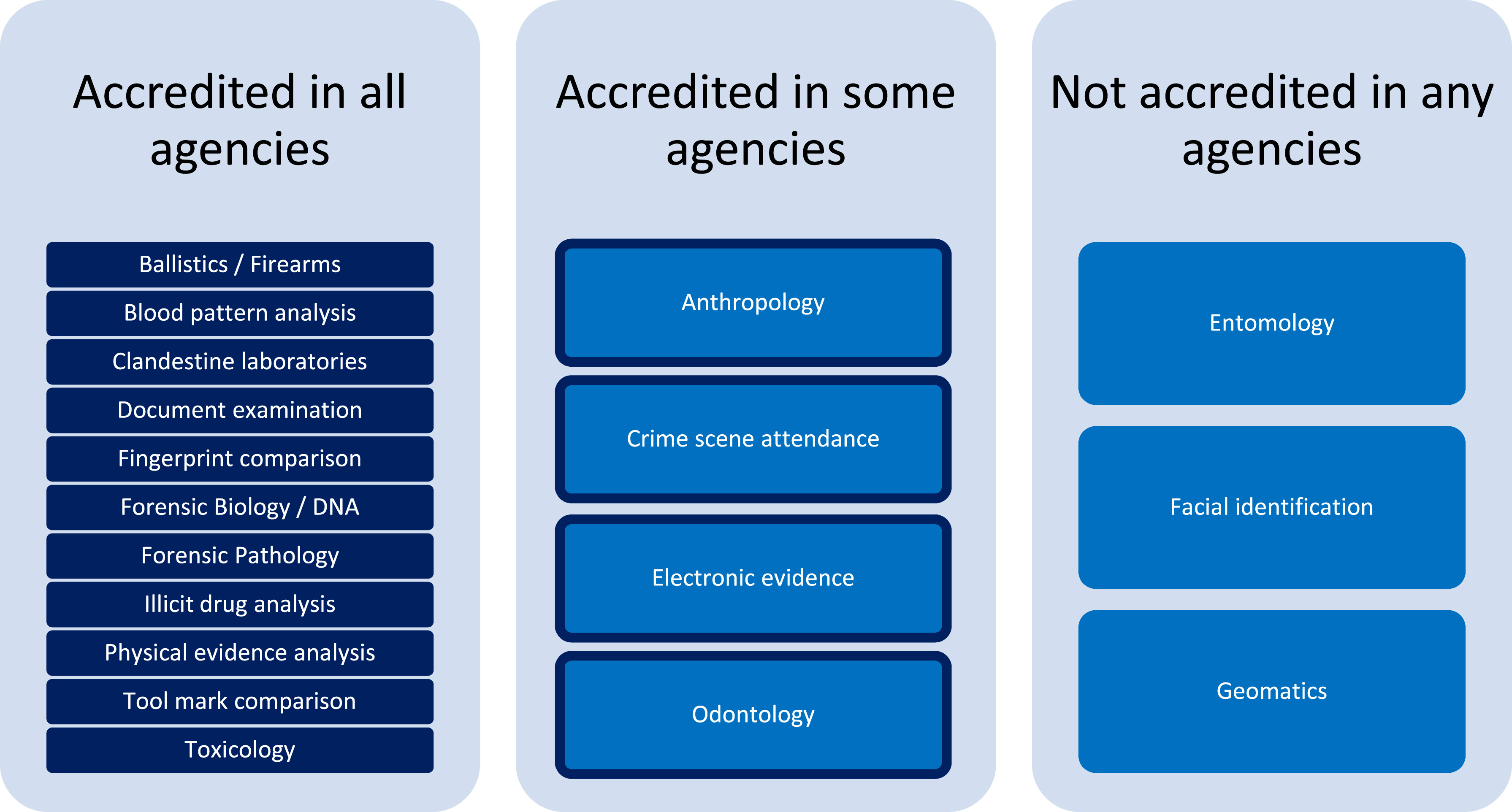Featured article of the week: June 10–16:"Ten simple rules for managing laboratory information"
Information is the cornerstone of research, from experimental data/metadata and computational processes to complex inventories of reagents and equipment. These 10 simple rules discuss best practices for leveraging laboratory information management systems (LIMS) to transform this large information load into useful scientific findings. The development of mathematical models that can predict the properties of biological systems is the holy grail of computational biology. Such models can be used to test biological hypotheses, guide the development of biomanufactured products, engineer new systems meeting user-defined specifications, and much more ... (Full article...)
Featured article of the week: June 03–09:
"Hierarchical AI enables global interpretation of culture plates in the era of digital microbiology"
Full laboratory automation is revolutionizing work habits in an increasing number of clinical microbiology facilities worldwide, generating huge streams of digital images for interpretation. Contextually, deep learning (DL) architectures are leading to paradigm shifts in the way computers can assist with difficult visual interpretation tasks in several domains. At the crossroads of these epochal trends, we present a system able to tackle a core task in clinical microbiology, namely the global interpretation of diagnostic bacterial culture plates, including presumptive pathogen identification. This is achieved by decomposing the problem into a hierarchy of complex subtasks and addressing them with a multi-network architecture we call DeepColony ... (Full article...)
|
Featured article of the week: May 27–June 02:
"Critical analysis of the impact of AI on the patient–physician relationship: A multi-stakeholder qualitative study"
This qualitative study aims to present the aspirations, expectations, and critical analysis of the potential for artificial intelligence (AI) to transform the patient–physician relationship, according to multi-stakeholder insight. This study was conducted from June to December 2021, using an anticipatory ethics approach and sociology of expectations as the theoretical frameworks. It focused mainly on three groups of stakeholders, namely physicians (n = 12), patients (n = 15), and healthcare managers (n = 11), all of whom are directly related to the adoption of AI in medicine (n = 38). In this study, interviews were conducted with 40% of the patients in the sample (15/38), as well as 31% of the physicians (12/38) and 29% of health managers in the sample (11/38) ... (Full article...)
|
Featured article of the week: May 20–26:
"Judgements of research co-created by generative AI: Experimental evidence"
The introduction of ChatGPT has fuelled a public debate on the appropriateness of using generative artificial intelligence (AI) (large language models or LLMs) in work, including a debate on how they might be used (and abused) by researchers. In the current work, we test whether delegating parts of the research process to LLMs leads people to distrust researchers and devalues their scientific work. Participants (N = 402) considered a researcher who delegates elements of the research process to a PhD student or LLM and rated three aspects of such delegation. Firstly, they rated whether it is morally appropriate to do so. Secondly, they judged whether—after deciding to delegate the research process—they would trust the scientist (who decided to delegate) to oversee future projects ... (Full article...)
|
Featured article of the week: May 13–19:
"Geochemical biodegraded oil classification using a machine learning approach"
Chromatographic oil analysis is an important step for the identification of biodegraded petroleum via peak visualization and interpretation of phenomena that explain the oil geochemistry. However, analyses of chromatogram components by geochemists are comparative, visual, and consequently slow. This article aims to improve the chromatogram analysis process performed during geochemical interpretation by proposing the use of convolutional neural networks (CNN), which are deep learning techniques widely used by big tech companies. Two hundred and twenty-one (221) chromatographic oil images from different worldwide basins (Brazil, USA, Portugal, Angola, and Venezuela) were used. The open-source software Orange Data Mining was used to process images by CNN. The CNN algorithm extracts, pixel by pixel, recurring features from the images through convolutional operations ... (Full article...)
|
Featured article of the week: May 06–12:
"Knowledge of internal quality control for laboratory tests among laboratory personnel working in a biochemistry department of a tertiary care center: A descriptive cross-sectional study"
The clinical laboratory holds a central position in patient care, and as such, ensuring accurate laboratory test results is a necessity. Internal quality control (QC) ensures day-to-day laboratory consistency. However, unless practiced, the success of laboratory quality management systems (QMSs) cannot be achieved. This depends on the efforts and commitment of laboratory personnel for its implementation. Hence, the aim of this study was to find out the knowledge of internal QC for laboratory tests among laboratory personnel working in the Department of Biochemistry, B.P. Koirala Institute of Health Sciences (BPKIHS), a tertiary care center ... (Full article...)
|
Featured article of the week: April 29–May 05:
"Sigma metrics as a valuable tool for effective analytical performance and quality control planning in the clinical laboratory: A retrospective study"
For the release of precise and accurate reports of routine tests, its necessary to follow a proper quality management system (QMS) in the clinical laboratory. As one of the most popular QMS tools for process improvement, Six Sigma techniques and tools have been accepted widely in the laboratory testing process. Six Sigma gives an objective assessment of analytical methods and instrumentation, measuring the outcome of a process on a scale of 0 to 6. Poor outcomes are measured in terms of defects per million opportunities (DPMO). To do the performance assessment of each clinical laboratory analyte by Six Sigma analysis and to plan and chart out a better, customized quality control (QC) plan for each analyte, according to its own sigma value ... (Full article...)
|
Featured article of the week: April 22–28:
"Why do we need food systems informatics? Introduction to this special collection on smart and connected regional food systems"
Public interest in where food comes from and how it is produced, processed, and distributed has increased over the last few decades, with even greater focus emerging during the COVID-19 pandemic. Mounting evidence and experience point to disturbing weaknesses in our food systems’ abilities to support human livelihoods and wellbeing, and alarming long-term trends regarding both the environmental footprint of food systems and mounting vulnerabilities to shocks and stressors. How can we tackle the “wicked problems” embedded in a food system? More specifically, how can convergent research programs be designed and resulting knowledge implemented to increase inclusion, sustainability, and resilience within these complex systems ... (Full article...)
|
Featured article of the week: April 15–21:
"Data management challenges for artificial intelligence in plant and agricultural research"
Artificial intelligence (AI) is increasingly used within plant science, yet it is far from being routinely and effectively implemented in this domain. Particularly relevant to the development of novel food and agricultural technologies is the development of validated, meaningful, and usable ways to integrate, compare, and visualize large, multi-dimensional datasets from different sources and scientific approaches. After a brief summary of the reasons for the interest in data science and AI within plant science, the paper identifies and discusses eight key challenges in data management that must be addressed to further unlock the potential of AI in crop and agronomic research, and particularly the application of machine learning (ML), which holds much promise for this domain ... (Full article...)
|
Featured article of the week: April 08–14:
"A blockchain-driven IoT-based food quality traceability system for dairy products using a deep learning model"
Food traceability is a critical factor that can ensure food safety while enhancing the credibility of the manufactured product, thus achieving heightened user satisfaction and loyalty. The perishable food supply chain (PFSC) requires paramount care for ensuring quality owing to the limited product life. The PFSC comprises of multiple organizations with varied interests and is more likely to be hesitant in sharing the traceability details among one another owing to a lack of trust, which can be overcome by using blockchain. In this research, an efficient scheme using a blockchain-enabled deep residual network (BC-DRN) is developed to provide food traceability for dairy products. Here, food traceability is determined by using various modular tools ... (Full article...)
|
Featured article of the week: April 01–07:
"Effect of good clinical laboratory practices (GCLP) quality training on knowledge, attitude, and practice among laboratory professionals: Quasi-experimental study"
Good clinical laboratory practices (GCLP) play a vital role in early and accurate diagnosis, providing high-quality data and timely sample processing. Adhering to a robust quality management system (QMS) that complies with GCLP standards is crucial for laboratory personnel in a clinical laboratory to deliver outstanding healthcare services and reliable, reproducible reports. [The aim of this study is to] assess the knowledge, attitude, and practice (KAP) of laboratory professionals towards quality in the laboratory through GCLP training... (Full article...)
|
Featured article of the week: March 25–31:
"GitHub as an open electronic laboratory notebook for real-time sharing of knowledge and collaboration"
Electronic laboratory notebooks (ELNs) have expanded the utility of the paper laboratory notebook beyond that of a simple record keeping tool. Open ELNs offer additional benefits to the scientific community, including increased transparency, reproducibility, and integrity. A key element underpinning these benefits is facile and expedient knowledge sharing which aids communication and collaboration. In previous projects, we have used LabTrove and LabArchives as open ELNs, in partnership with GitHub (an open-source web-based platform originally developed for collaborative coding) for communication and discussion. Here we present our personal experiences using GitHub as the central platform for many aspects of the scientific process ... (Full article...)
|
Featured article of the week: March 18–24:
"SODAR: Managing multiomics study data and metadata"
Scientists employing omics in life science studies face challenges such as the modeling of multiassay studies, recording of all relevant parameters, and managing many samples with their metadata. They must manage many large files that are the results of the assays or subsequent computation. Users with diverse backgrounds, ranging from computational scientists to wet-lab scientists, have dissimilar needs when it comes to data access, with programmatic interfaces being favored by the former and graphical ones by the latter. We introduce SODAR, the system for omics data access and retrieval. SODAR is a software package that addresses these challenges by providing a web-based graphical user interface (GUI) for managing multiassay studies and describing them using the ISA (Investigation, Study, Assay) data model and the ISA-Tab file format ... (Full article...)
|
Featured article of the week: March 11–17:
"Benefits of information technology in healthcare: Artificial intelligence, internet of things, and personal health records"
Systematic evaluations of the benefits of health information technology (HIT) play an essential role in enhancing healthcare quality by improving outcomes. However, there is limited empirical evidence regarding the benefits of IT adoption in healthcare settings. This study aimed to review the benefits of artificial intelligence (AI), the internet of things (IoT), and personal health records (PHR), based on scientific evidence. The literature published in peer-reviewed journals between 2016 and 2022 was searched for systematic reviews and meta-analysis studies using the PubMed, Cochrane, and Embase databases. Manual searches were also performed using the reference lists of systematic reviews and eligible studies from major health informatics journals. The benefits of each HIT were assessed from multiple perspectives across four outcome domains ... (Full article...)
|
Featured article of the week: March 04–10:
"A quality assurance discrimination tool for the evaluation of satellite laboratory practice excellence in the context of European regulatory meat inspection for Trichinella spp."
Trichinellosis is a parasitic foodborne zoonotic disease transmitted by ingestion of raw or undercooked meat containing the first larval stage (L1) of the nematode. To ensure the quality and safety of food intended for human consumption, meat inspection for detection of Trichinella spp. larvae is a mandatory procedure per European Union (E.U.) regulations. The implementation of quality assurance (QA) practices in laboratories that are responsible for Trichinella spp. detection is essential given that the detection of this parasite is still a pivotal threat to public health, and it is included in List A of Annex I, Directive 2003/99/EC, which determines the agents to be monitored on a mandatory basis ... (Full article...)
|
Featured article of the week: February 26–March 03:
"Developing a framework for open and FAIR data management practices for next generation risk- and benefit assessment of fish and seafood"
Risk and risk–benefit assessments of food are complex exercises, in which access to and use of several disconnected individual stand-alone databases is required to obtain hazard and exposure information. Data obtained from such databases ideally should be in line with the FAIR principles, i.e. the data must be findable, accessible, interoperable, and reusable. However, often cases are encountered when one or more of these principles are not followed. In this project, we set out to assess if existing commonly used databases in risk assessment are in line with the FAIR principles ... (Full article...)
|
Featured article of the week: February 19–25:
"An extract-transform-load process design for the incremental loading of German real-world data based on FHIR and OMOP CDM: Algorithm development and validation"
In the Medical Informatics in Research and Care in University Medicine (MIRACUM) consortium, an IT-based clinical trial recruitment support system was developed based on the Observational Medical Outcomes Partnership (OMOP) Common Data Model (CDM). Currently, OMOP CDM is populated with German Fast Healthcare Interoperability Resources (FHIR) data using an extract-transform-load (ETL) process, which was designed as a bulk load. However, the computational effort that comes with an everyday full load is not efficient for daily recruitment ... (Full article...)
|
Featured article of the week: February 12–18:
"Potency and safety analysis of hemp-derived delta-9 products: The hemp vs. cannabis demarcation problem"
Hemp-derived delta-9-tetrahydrocannabinol (Δ9-THC) products are freely available for sale across much of the USA, but the federal legislation allowing their sale places only minimal requirements on companies. Products must contain no more than 0.3% Δ9-THC by dry weight, but no limit is placed on overall dosage, and there is no requirement that products derived from hemp-based Δ9-THC be tested. However, some states—such as Colorado—specifically prohibit products created by “chemically modifying” a natural hemp component. Fifty-three hemp-derived Δ9-THC products were ordered and submitted to InfiniteCAL laboratory for analysis ... (Full article...)
|
Featured article of the week: February 05–11:
"The NOMAD Artificial Intelligence Toolkit: Turning materials science data into knowledge and understanding"
We present the Novel Materials Discovery (NOMAD) Artificial Intelligence (AI) Toolkit, a web-browser-based infrastructure for the interactive AI-based analysis of materials science data under FAIR (findable, accessible, interoperable, and reusable) data principles. The AI Toolkit readily operates on FAIR data stored in the central server of the NOMAD Archive, the largest database of materials science data worldwide, as well as locally stored, user-owned data. The NOMAD Oasis, a local, stand-alone server can also be used to run the AI Toolkit. By using Jupyter Notebooks that run in a web-browser, the NOMAD data can be queried and accessed; data mining, machine learning (ML), and other AI techniques can then be applied to analyze them ... (Full article...)
|
Featured article of the week: January 29–February 04:
"Quality control in the clinical biochemistry laboratory: A glance"
[Quality control]] (QC) is a process, designed to ensure reliable test results. It is part of overall laboratory quality management in terms of accuracy, reliability, and timeliness of reported test results. Two types of QC are exercised in clinical biochemistry: internal QC (IQC) and external quality assurance (QA). IQC represents the quality methods performed every day by laboratory personnel with the laboratory’s materials and equipment. It primarily checks the precision (i.e., repeatability or reproducibility) of the test method. External quality assurance service (EQAS) is performed periodically (i.e., every month, every two months, twice a year) by the laboratory personnel, who primarily are checking the accuracy of the laboratory’s analytical methods ... (Full article...)
|
Featured article of the week: January 22–28:
"Shared metadata for data-centric materials science"
The expansive production of data in materials science, as well as their widespread sharing and repurposing, requires educated support and stewardship. In order to ensure that this need helps rather than hinders scientific work, the implementation of the FAIR data principles (that ask for data and information to be findable, accessible, interoperable, and reusable) must not be too narrow. At the same time, the wider materials science community ought to agree on the strategies to tackle the challenges that are specific to its data, both from computations and experiments. In this paper, we present the result of the discussions held at the workshop on “Shared Metadata and Data Formats for Big-Data Driven Materials Science.” ... (Full article...)
|
Featured article of the week: January 15–21:
"A metabolomics and big data approach to cannabis authenticity (authentomics)"
With the increasing accessibility of cannabis (Cannabis sativa L., also known as marijuana and hemp), its products are being developed as extracts for both recreational and therapeutic use. This has led to increased scrutiny by regulatory bodies, who aim to understand and regulate the complex chemistry of these products to ensure their safety and efficacy. Regulators use targeted analyses to track the concentration of key bioactive metabolites and potentially harmful contaminants, such as heavy metals and other impurities. However, the complexity of cannabis' metabolic pathways requires a more comprehensive approach. A non-targeted metabolomic analysis of cannabis products is necessary to generate data that can be used to determine their authenticity and efficacy ... (Full article...)
|
Featured article of the week: January 08–14:
"Integration of X-ray absorption fine structure databases for data-driven materials science"
With the aim of introducing data-driven science and establishing an infrastructure for making X-ray absorption fine structure (XAFS) spectra findable and reusable, we have integrated XAFS databases in Japan. This integrated database (MDR XAFS DB) enables cross searching of spectra from more than 2,000 samples and more than 700 unique materials with machine-readable metadata. The introduction of a materials dictionary with approximately 6,000 synonyms has improved the search performance, and links with large external databases have been established. In order to compare spectra in the database, the energy calibration policies of each institution were compiled, and the energy calibration methods across institutions were shown ... (Full article...)
|
Featured article of the week: January 01–07:
"Management and disclosure of quality issues in forensic science: A survey of current practice in Australia and New Zealand"
The investigation of quality issues detected within the forensic process is a critical feature in robust quality management systems (QMSs) to provide assurance of the validity of reported laboratory results and inform strategies for continuous improvement and innovation. A survey was conducted to gain insight into the current state of practice in the management and handling of quality issues amongst the government service provider agencies of Australia and New Zealand. The results demonstrate the value of standardized quality system structures for the recording and management of quality issues, but also areas where inconsistent reporting increases the risk of overlooking important data to inform continuous improvement ... (Full article...)
|
|

